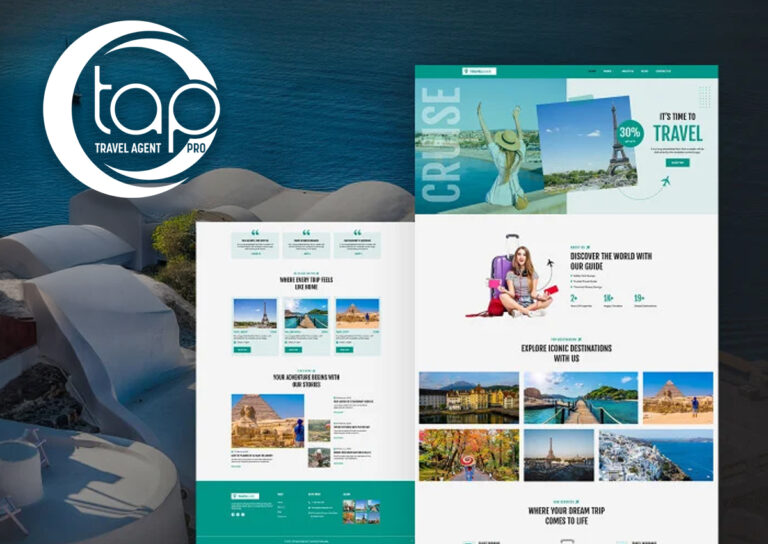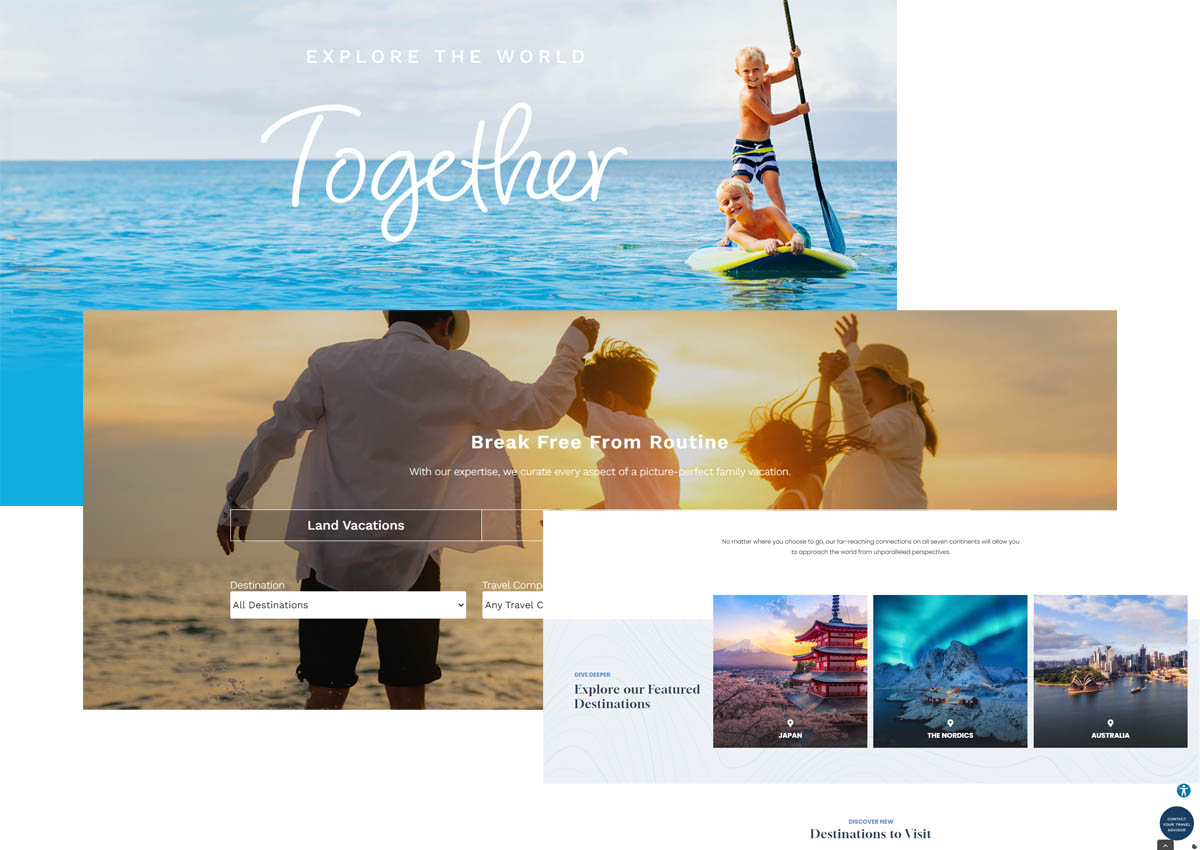What is a Travel Agent?
Unlock your potential as a travel expert by joining Vincent Vacations and guiding clients through unforgettable experiences. Benefit from our comprehensive support and resources, ...
Unlock your potential as a travel expert by joining Vincent Vacations and guiding clients through unforgettable experiences. Benefit from our comprehensive support and resources, ...
Unlock your passion for travel and turn it into a rewarding career by becoming a travel agent with Vincent Vacations. Gain access to comprehensive training and support, enabling you to expe...
Looking for all-inclusive resort destination wedding travel agents and packages?
Discover how Vincent Vacations empowers your journey with cutting-edge tools, websites, and support.

As a travel agency owner, your passion is crafting unforgettable experiences for your clients-not wrestling with HTML, plugins, or server hosting and maintenance. At Vincent Vacations, we bridge the gap between your expertise and your online presence...
Read More
Your experience deserves a host that matches your ambition. The travel industry has evolved rapidly. As we step into 2026, the landscape for travel advisors is no longer just about booking trips-it's about curating hyper-personalized experiences...
Read More
When you join Vincent Vacations, you get more than just a host agency-you get a complete, ready-to-use business ecosystem. We believe in providing instant, tangible value, which is why your membership includes a full license for VacationCRM...
Read More
Vincent Vacations isn't just another host agency-it's a community built for travel professionals who want access to the best preferred partner programs and the freedom to grow their own business with confidence. Whether you're new or seasoned...
Read More
In an online world flooded with travel agents, capturing attention requires more than just presence-it demands a strategy that makes you unforgettable. Your expertise is your strongest asset, but how effectively are you showcasing it...
Read More
At Vincent Vacations, we've built our platform specifically for seasoned professionals like you, offering an unparalleled combination of the highest commission splits, low fees, and a clear path to increasing your income...
Read MoreIn business since 2013, we are your #1 source for travel!
See more